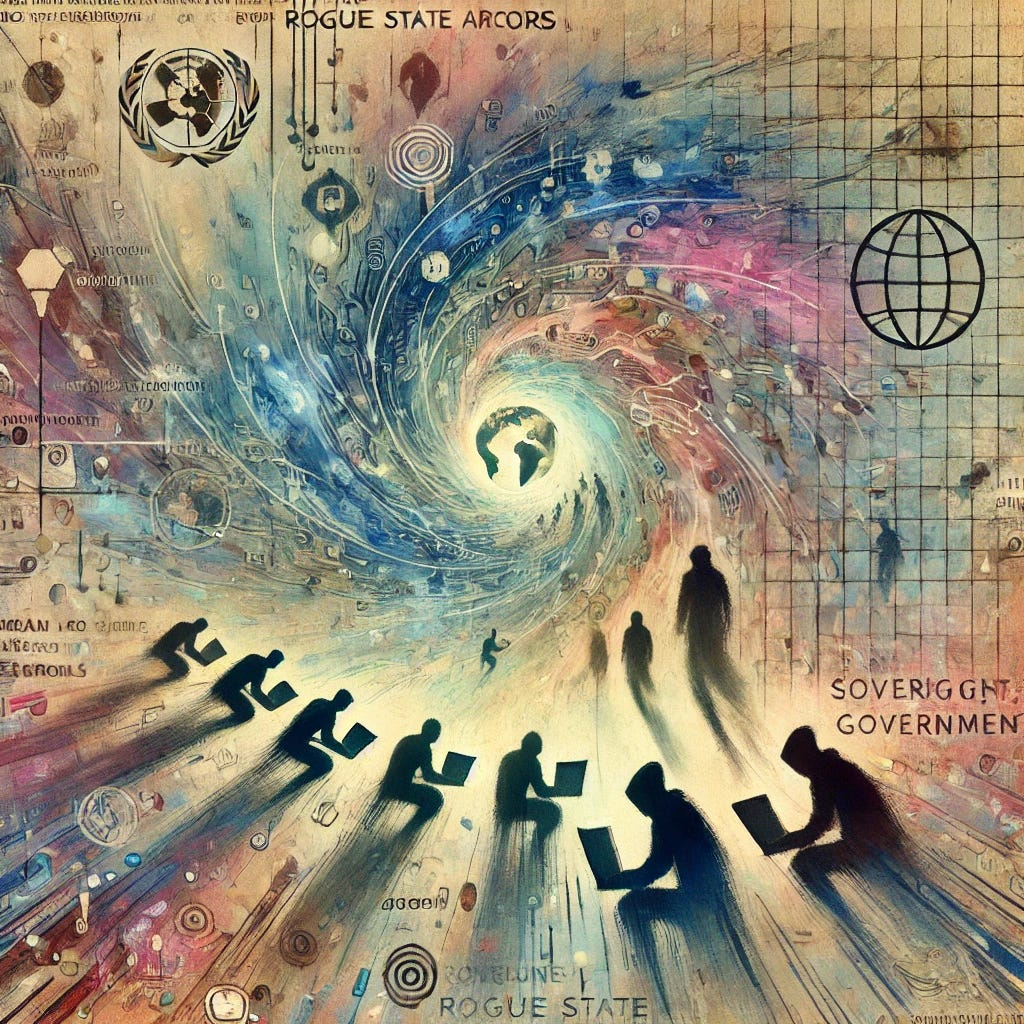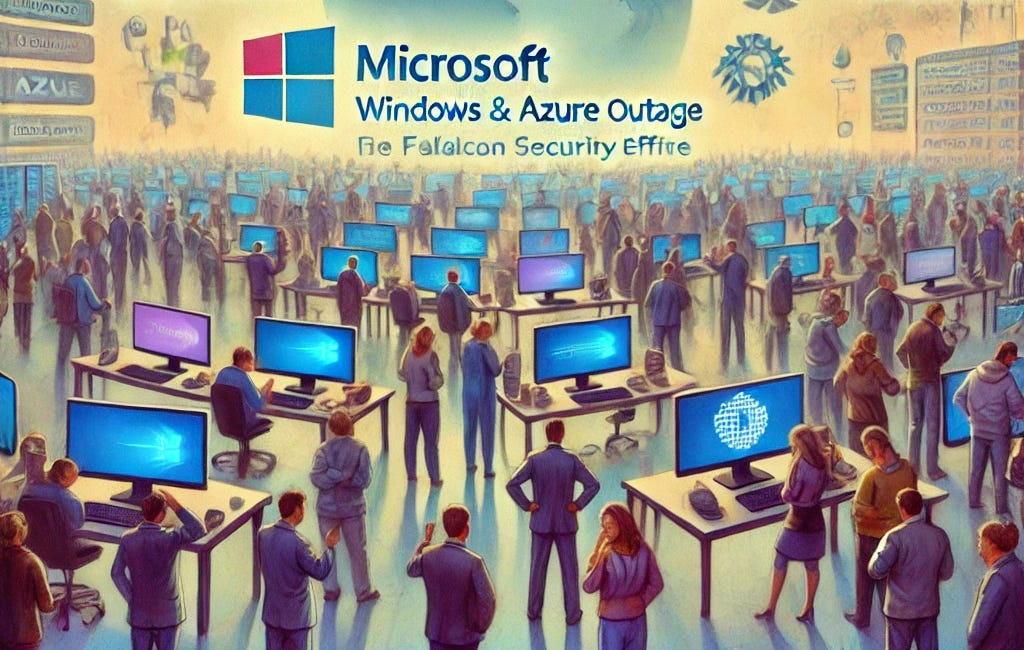Spyware Spirals Out of Control: Can Sovereign Governments Rein in the Rogue?
The Challenges of Regulating Spyware in a Globalised World, Where State Actors Themselves Can Be the Rogues.
The Challenges of Regulating Spyware
The rapid advancement of technology has brought immense benefits to society, but it has also created significant challenges, particularly in the realm of digital surveillance and cybersecurity. The proliferation of spyware—sophisticated software designed to covertly monitor digital activities—has become a pressing issue globally. Despite international efforts to regulate this market, many companies involved in the sale of these tools have found ways to circumvent restrictions, raising questions about the effectiveness of current policies and the ethical implications for tech companies.
The Global Spread of Spyware and Its Implications
Research by the Atlantic Council’s Cyber Statecraft Initiative and American University reveals that companies selling surveillance tools often evade international regulations by changing names, establishing new entities, or shifting jurisdictions. This practice has allowed them to continue operations despite being linked to authoritarian regimes and human rights abuses. High-profile cases, such as the use of Pegasus spyware by state agencies in countries like Mexico and Saudi Arabia, have highlighted the potential misuse of these technologies against activists, journalists, and political opponents.
Spyware like Pegasus and Predator have been used extensively by state agencies to conduct covert surveillance. The tools, often sold with the justification of countering terrorism and serious crime, have been wielded by both authoritarian and democratic governments to spy on critics and political foes. The Pegasus spyware, developed by Israel-based NSO Group, has been at the centre of numerous controversies, including allegations of its use against journalists in India and activists in Thailand. Similarly, Predator, developed by the Intellexa Consortium, has been implicated in attempts by the Vietnamese government to spy on members of the U.S. Congress and other officials in Washington.

Evasion of International Controls by Spyware Vendors
The efforts to control the spread of spyware have been fraught with challenges. Many spyware vendors have demonstrated a remarkable ability to adapt and evade regulatory controls. For instance, companies have frequently renamed themselves, moved their operations across borders, or restructured to exploit legal loopholes. A notable example is NSO Group's affiliate, Circles, which continued its operations even after NSO was sanctioned by the U.S. government. This evasion is facilitated by the complex and opaque nature of the global surveillance market, where companies operate across multiple jurisdictions, making it difficult for any single country or entity to impose effective controls.
Furthermore, the enforcement of export regulations and sanctions is heavily reliant on self-reporting by companies, which has proven to be a significant weakness. The lack of stringent international collaboration and enforcement mechanisms allows these companies to continue supplying repressive regimes. This was evident in the case of QuaDream, another spyware company that was exposed by researchers at Microsoft and Citizen Lab but continued its operations until significant public pressure led to its closure.
The Global Impact of Cybersecurity Failures
a.) The CrowdStrike Fiasco
In addition to the threats posed by spyware, recent incidents have highlighted another dimension of cybersecurity challenges: the internal vulnerabilities of software that is supposed to protect against cyber attacks. A significant example of this was the worldwide outage caused by a lacuna in CrowdStrike’s cybersecurity software, which is widely integrated into Microsoft’s Windows operating systems. This issue exposed the reliance of critical infrastructure on software that, while designed to enhance security, can also become a single point of failure.
b.) The Delta Debacle
The global failure was triggered by a seemingly minor software glitch but was exacerbated by companies like Delta Airlines in the USA, which continued to use outdated versions of Windows software. This oversight led to a catastrophic breakdown where the notorious “blue screen of death” appeared on many Windows terminals, effectively freezing international travel for nearly 24 hours. While most systems were restored by uploading a new software patch and restarting, Delta Airlines faced prolonged disruptions, with their systems being down for nearly three days.
c.) When the Fence Fails or Falls
This incident underscores the paradox in cybersecurity. The very software designed to protect against sophisticated cyber threats can itself become a vulnerability due to internal flaws or outdated implementations. It also highlights the interconnectedness of global systems and the cascading effects that software failures can have, impacting everything from individual businesses to international travel. In this case, the initial issue was not due to a direct cyber attack but rather the internal weaknesses of the cybersecurity software and the failure of companies to keep their systems up-to-date, illustrating the need for continuous vigilance and prompt action in maintaining digital defences1.
India’s Position in the Surveillance Technology Market
India, like many other countries, finds itself at a crossroads regarding the regulation of surveillance technologies. The country is home to numerous surveillance vendors and has been a significant market for these tools. However, unlike some nations, India does not require companies to disclose past names or executive information in corporate filings, making it challenging to track the activities and affiliations of spyware firms operating within its borders.
India: Pegasus Pierced Privacy?
The Indian government itself had come under significant scrutiny over allegations of using spyware for domestic surveillance, particularly targeting journalists and political opponents. These concerns were heightened after Apple Inc. sent alerts to some iPhone users in India, warning that their devices might have been compromised by spyware similar to Pegasus or were vulnerable to such attacks. In response, the Supreme Court of India, recognising the right to privacy as a fundamental right, took up the issue and appointed a high-level technical committee to probe the entire matter. However, the investigation yielded no conclusive findings, reportedly due to the reluctance of the individuals involved to submit their devices for a thorough technical and forensic examination. This situation has ignited a broader debate on privacy, human rights, and the state's role in balancing national security with individual freedoms. As India progresses as a digital economy, it is imperative for the government to address these concerns and develop robust legal frameworks to regulate the use of surveillance technologies.
The Ethical Dilemma for Tech Companies
As spyware becomes more sophisticated and widespread, tech companies face an ethical dilemma. On the one hand, these firms have a responsibility to ensure their products are not used to violate human rights or suppress dissent. On the other hand, they must also comply with the laws and policies of the countries in which they operate, which may sometimes require cooperation with government surveillance efforts.
The case of the Telegram CEO Pavel Durov’s arrest in France for non-cooperation with authorities illustrates the tensions that can arise when tech companies take a stand based on their ethical principles. While companies may wish to protect user privacy and uphold moral standards, they are also subject to local laws and regulations. This case serves as a stark reminder that businesses cannot adopt a "holier than thou" attitude and must navigate the complex landscape of international law, national security, and ethical responsibility.
In Summary: A Necessary Evil in a Complex World
In an increasingly digital and interconnected world, surveillance technologies have become both a vital tool for national security and a potential threat to civil liberties. As terrorists, hackers, and state-backed actors develop more sophisticated methods, governments worldwide must balance the need for security with the protection of individual rights, including that of free speech.
For tech companies, this means acknowledging their role in assisting the nation-states where they are based while adhering to international standards and the rule of law. While the misuse of spyware is a significant concern, it is also a reality that requires pragmatic solutions. A cooperative, transparent approach involving all stakeholders—governments, tech companies, and civil society—is essential to ensure that surveillance technologies are used responsibly and ethically. Only through such collaboration can we hope to mitigate the risks associated with spyware and protect the fundamental rights of individuals in the digital age.
Global Chaos: Microsoft Windows and Azure Outage Paralyzes Critical Services
Global Disruptions of Microsoft Windows-based Systems



